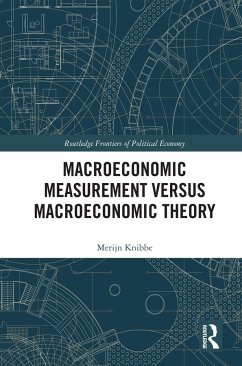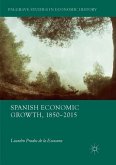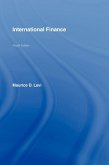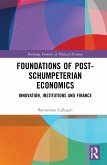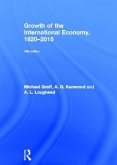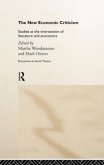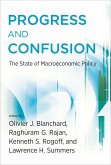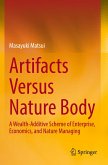Ideally, scientific theory and scientific measurement should develop in tandem, but in recent years this has not been the case in economics. There used to be a time when leading economists, or their students, established or led statistical offices and took care that the measurements were consistent with the theory (and vice versa). Not anymore. Macroeconomic theorists and macroeconomic statisticians do not even speak the same language any longer. They do use the same words, such as 'consumption', 'investments' or 'unemployment' but the meanings can often be different. This book maps the differences between macroeconomic theory and measurement and explores them in some detail while also tracking their intellectual, historical and, in some cases, ideological origins. It also explores the possible policy implications. In doing so, the book draws on two separate strands of literature which are seldom used in unison: macro-statistical manuals and theoretical macro-papers. By doing so, the book contributes to the effort to bridge the gap between them without compromising on the idea that a meaningful science of economics should, in the end, be based upon individual people and households and their social and cultural embedding instead of a 'representative consumer', or Robinson Crusoe figure. This work is essential reading for students, economists, statisticians, and professionals.
Hinweis: Dieser Artikel kann nur an eine deutsche Lieferadresse ausgeliefert werden.
Hinweis: Dieser Artikel kann nur an eine deutsche Lieferadresse ausgeliefert werden.

